7 Secrets of Harissa, Ras el Hanout & Beyond: Spice Mix Mastery for Every Kitchen!
Table of Contents
- Introduction
- What Is Ras El Hanout?
- Flavor Profile Breakdown
- How to Use It Like a Pro
- DIY Ras el Hanout Recipe
- Comparing Popular Spices: A Side-by-Side Guide
- Storage Tips You Can’t Ignore
- Best Food Pairings for Hanout
- Common Mistakes (And How to Avoid Them)
- Conclusion
Welcome to the World of Flavor-Packed Spices!
If you’ve ever opened a jar of Ras el Hanout and wondered if it was magic dust from an ancient Moroccan souk — congratulations, you’re not alone.
Ras el Hanout is one of those spices that can instantly transform a dish from “meh” to “mind-blowing.” But what exactly is it? Why does it cost so much? And most importantly — how do you use it without accidentally setting off the smoke alarm or summoning a goat spirit from 10th-century Fez?
What Exactly Is Ras El Hanout?
Ras el Hanout literally means “top of the shop” in Arabic. It’s the pride of any spice merchant — a luxurious blend of up to 30 different spices. Think of it as the Michelin-starred tasting menu of the spice world. No two recipes are the same, which makes every batch unique.
The Usual Suspects:
- Cumin
- Paprika
- Turmeric
- Coriander seed
- Cinnamon
- Nutmeg
- Allspice
- Ginger
- Cardamom
- Pepper (black, white, pink… sometimes all three!)
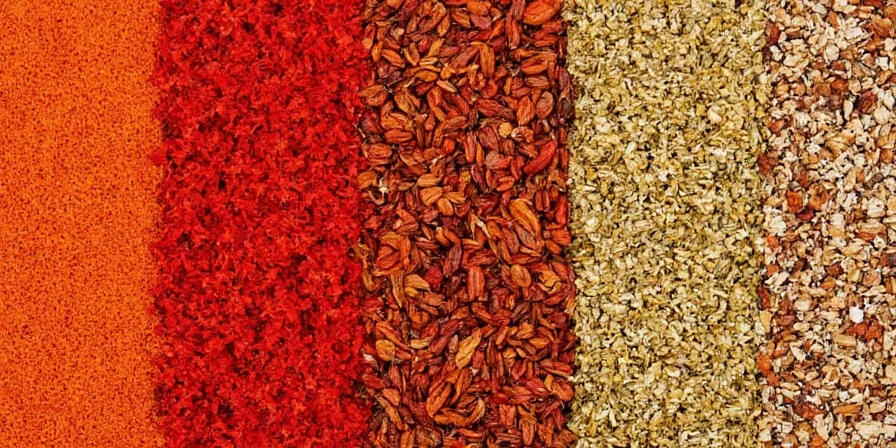
Flavor Profile Breakdown
Ras el Hanout is complex — like a well-aged wine or your ex’s Spotify Wrapped results. Here’s how to decode its flavors:
| Flavor Note | Description |
|---|---|
| Earthy | Thanks to cumin and turmeric |
| Warm | Cinnamon, nutmeg, cardamom bring the heat (literally and figuratively) |
| Floral | Sometimes rose petals or lavender sneak in for extra elegance |
| Savory | Garlic powder or dried herbs might be lurking in the mix |
| Umami | Fermented notes from aged ingredients |
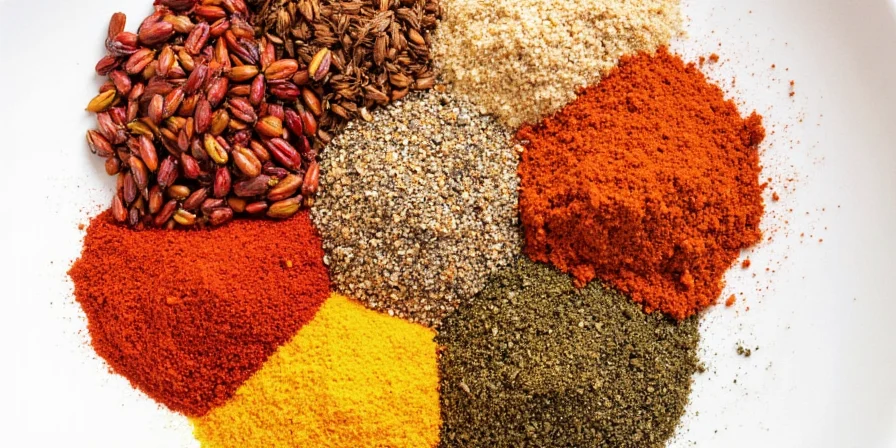
How to Use It Like a Pro
You wouldn't pour champagne on cereal, right? Same rule applies here. Here's how to get the most out of your precious blend:
- Dry Rub Magic: Sprinkle on lamb chops before searing
- Stew Power: Add 1–2 teaspoons to slow-cooked tagines
- Egg Boost: Mix into scrambled eggs or shakshuka base
- Popcorn Upgrade: Toss with melted butter and a pinch of salt
- Veggie Love: Roast carrots, cauliflower, or chickpeas with it
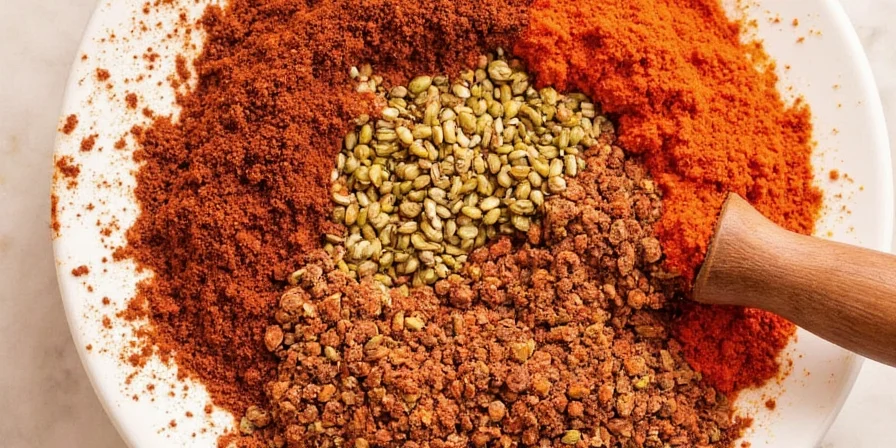
DIY Ras el Hanout Recipe
Feeling adventurous? Make your own! Here’s a basic but seriously good homemade version:
Ingredients:
- 2 tbsp ground cumin
- 1 tbsp smoked paprika
- 1 tbsp ground coriander
- 1 tsp cinnamon
- ½ tsp ginger
- ¼ tsp cardamom
- ¼ tsp nutmeg
- ¼ tsp black pepper
- Optional: pinch of saffron threads for luxury vibes
Instructions:
- Toast whole seeds first if using (optional for depth)
- Grind into fine powder
- Store in airtight container away from light
- Use within 3 months for best flavor
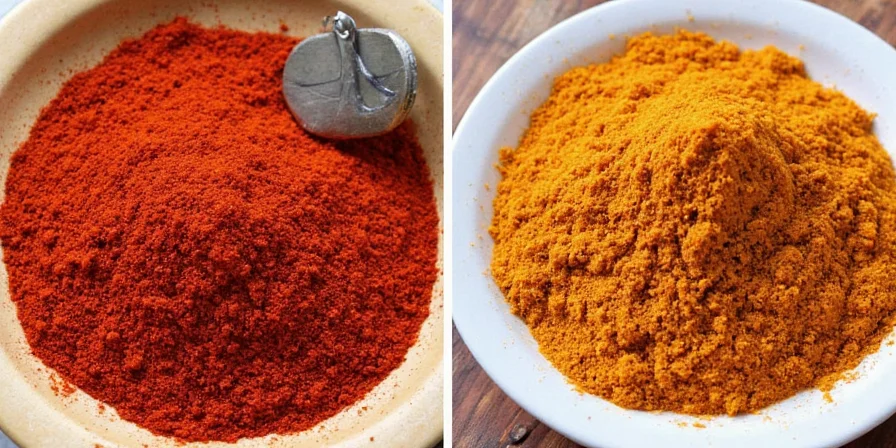
Comparing Popular Spices: A Side-by-Side Guide
Not sure how Ras el Hanout stacks up against other common blends? Let’s compare!
| Spice Mix | Main Ingredients | Heat Level | Best For |
|---|---|---|---|
| Ras el Hanout | Cumin, cinnamon, cardamom, pepper | Mild to medium | Tagines, lamb, roasted veggies |
| Harissa | Chili peppers, garlic, coriander | Medium to hot | Stews, dips, grilled meats |
| Garam Masala | Cinnamon, cloves, cumin, cardamom | Mild | Indian curries, lentils |
| Berbere | Chili, fenugreek, ginger, korarima | Hot | East African stews (like Doro Wat) |
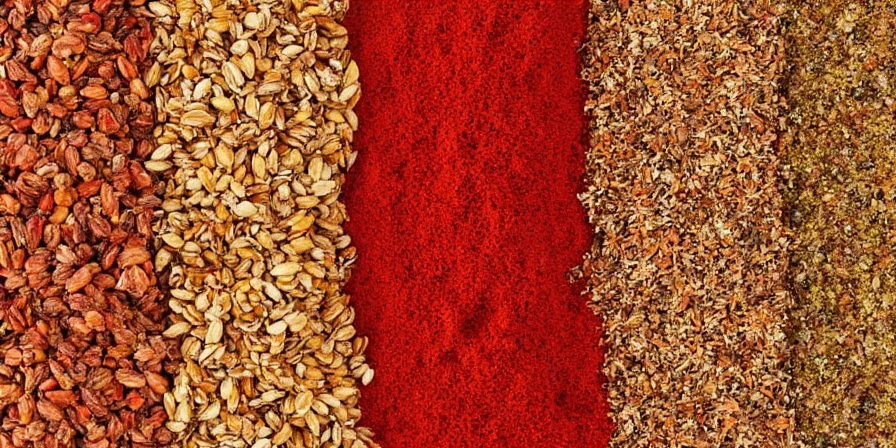
Storage Tips You Can’t Ignore
Let’s face it: spices are expensive. Treat them right, and they’ll keep your food singing for months.
Top 5 Spice Storage Tips:
- Air-Tight Jars: Keep moisture and air out
- Dark Places: Store away from sunlight (not next to your stove)
- No Fridge Needed: Humidity is their enemy
- Date Your Jars: Most spice mixes last 3–6 months
- Buy Small Batches: Freshness matters more than quantity
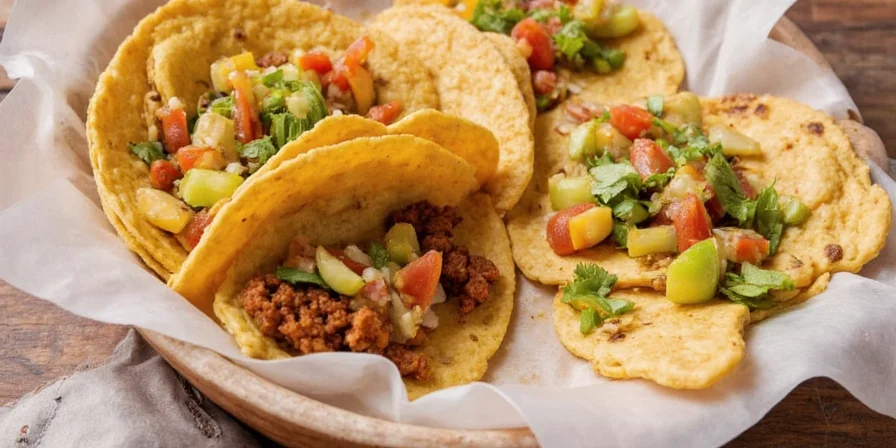
Best Food Pairings for Hanout
Ras el Hanout loves company — especially the kind that includes meat, carbs, and bold flavors. Here’s your cheat sheet:
Protein Matches Made in Heaven:
- Lamb
- Chicken thighs
- Goat
- Chickpeas
- Eggs
Carb Soulmates:
- Couscous
- Flatbread
- Pita
- Potatoes
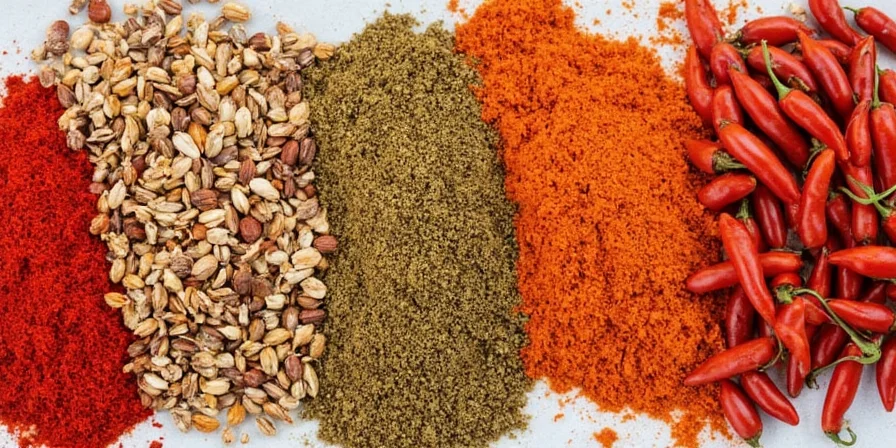
Common Mistakes (And How to Avoid Them)
We’ve all been there. That one time you sprinkled in a spoonful of Ras el Hanout thinking it was chili powder... yeah. Here’s how not to sabotage your meal:
Don’t Do This:
- ❌ Overuse: Start with ½ tsp per serving
- ❌ Cooking too early: Add late in the process for maximum aroma
- ❌ Leaving it naked: Pair with oil or yogurt to release flavor
- ❌ Mixing raw into desserts: Unless you're doing avant-garde cuisine
DO DO This:
- ✅ Toast briefly in dry pan for deeper flavor
- ✅ Combine with olive oil or lemon juice
- ✅ Mix into labneh or tahini for a quick dip
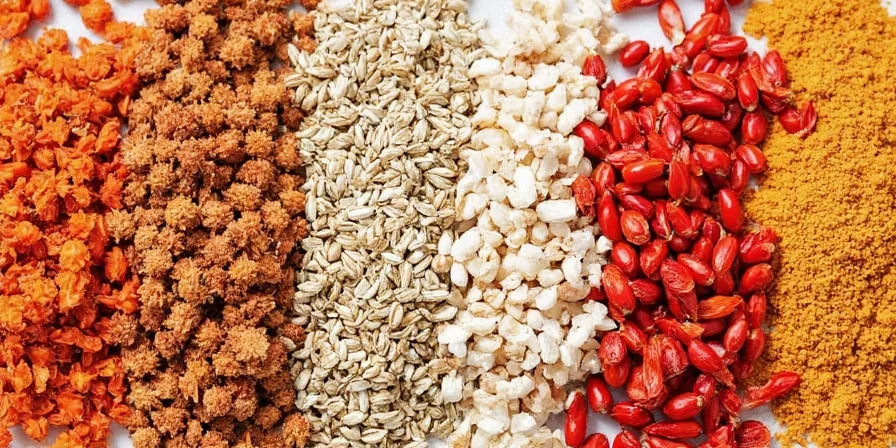
Conclusion
Ras el Hanout may sound fancy, but once you crack the code, it becomes your secret weapon in the kitchen. From DIY blending to perfect pairings, this spice mix is a flavor powerhouse waiting to elevate your meals.
So next time you reach for that bottle of Ras el Hanout, remember: you're not just seasoning your dish — you're stirring centuries of tradition into every bite.
Now go forth and spice boldly — your taste buds will thank you.
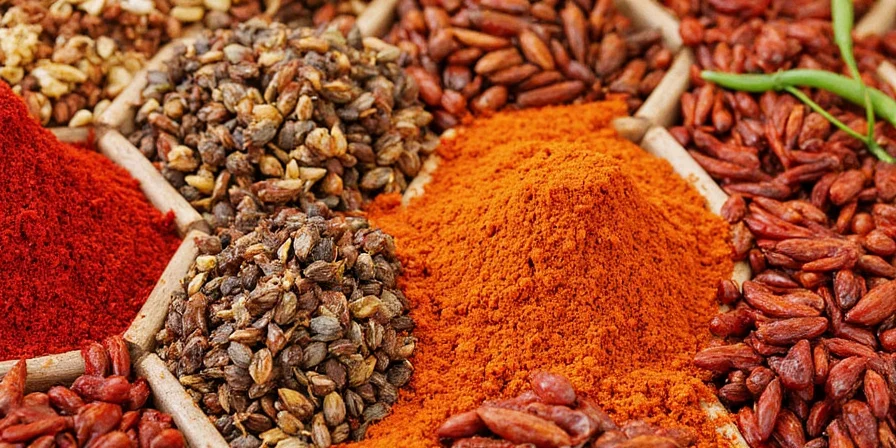

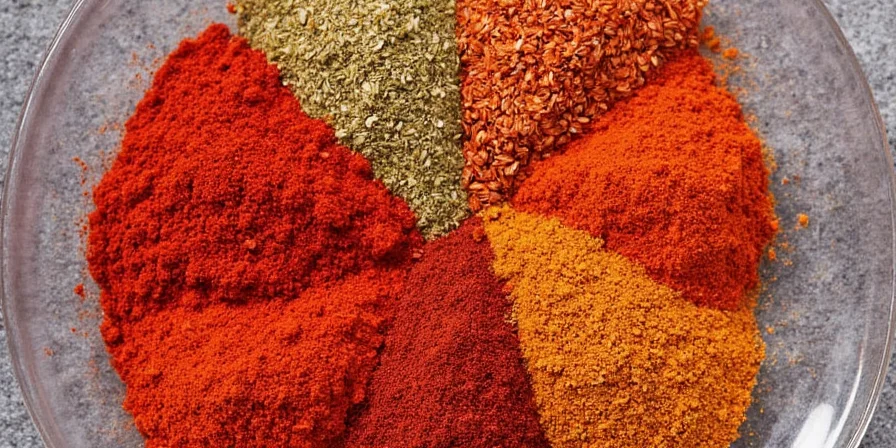









 浙公网安备
33010002000092号
浙公网安备
33010002000092号 浙B2-20120091-4
浙B2-20120091-4